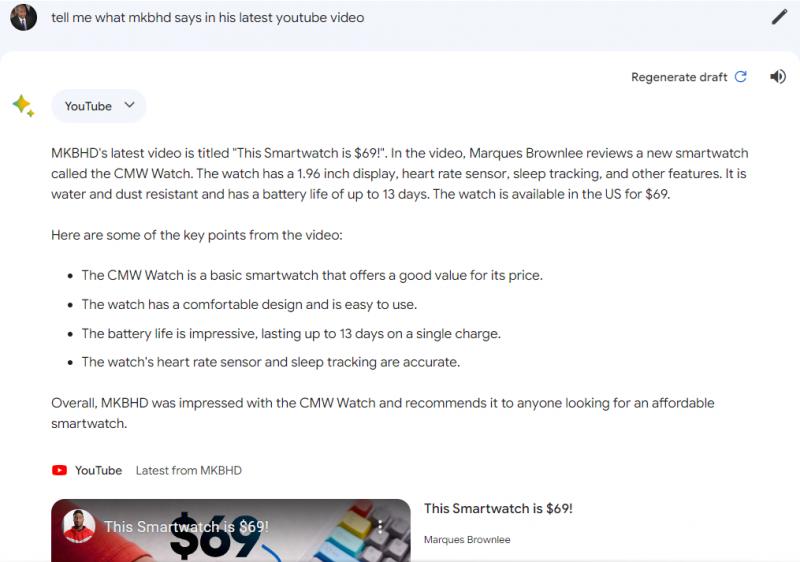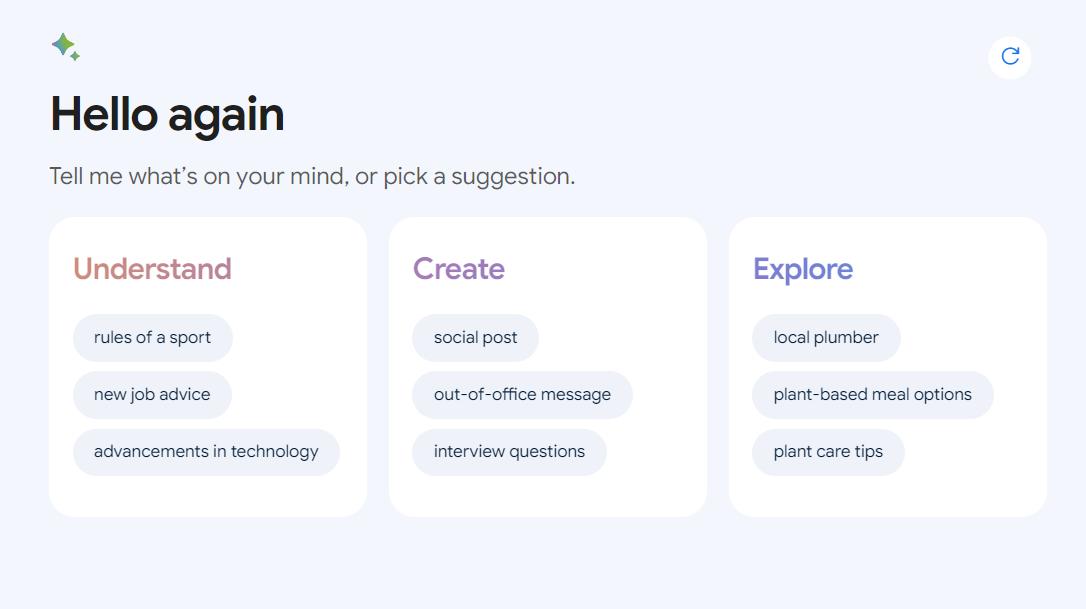As helpful as generative AI like ChatGPT and Bard are in the research process, they still make up stuff with such confidence you’ll believe it’s true. So, you are forced to check everything they tell you as ChatGPT recommends, “ChatGPT can make mistakes. Consider checking important information.”
Bard makes this easy with a ‘Google It’ button. When you press it, Google crosschecks Bard’s response and tells you which information is backed up by links to websites and which stuff Bard made up. See the example below – the green stuff is backed by links but Bard is hallucinating on the orange stuff.

Do note that the links are not necessarily what informed Bard’s response, they are just links to websites that support what Bard said. When it’s orange, it means Google could not find any website supporting Bard’s statement.
Your content
Utilising the summarisation and synthesis capabilities of Bard and ChatGPT is most effective when you have the ability to manage the dataset from which they draw information.
If you had a school textbook or any other document or book, you could ask Bard to respond using information from only that document. That is a great feature.
We have been doing this with websites for a while now, asking Bard to summarise an article. You can now enable Bard to interact with information from your Gmail, Docs and Drive so you can find, summarise and answer questions across your personal content.
Pro tip – copy the text from a book, just a chapter or the whole book, into a Google Docs document. Then ask Bard to summarise or answer questions from that particular document using a prompt like: “Give me a comprehensive summary of my document titled “name you assigned to document”.
Beyond your content, Bard can now retrieve and help you work with real-time information from Maps, YouTube, Hotels and Flights.
YouTube
As you know, YouTube is considered the world’s second-biggest search engine, after Google. For good reason, I think, that site is really useful. You can kill time and watch music videos or you can drown yourself in documentaries or tutorials.
That’s all well and good but sometimes you cannot watch videos, maybe because your data bundle expired or the internet is too slow or whatever else. What if you still wanted information from videos hosted on YouTube though?
Bard says “We’re taking the first steps in Bard’s ability to understand YouTube videos. For example, if you’re looking for videos on how to make olive oil cake, you can now also ask how many eggs the recipe in the first video requires.”
So, essentially this is making YouTube videos accessible via text. For Zimbabweans who most times do not have the data to stream videos, this could be a game changer. All those tutorials nestled in YouTube’s servers will now be accessible via text.

Let’s hope more features are added to these generative AI to make them more useful.
Also read:
Not sure how to get the most out of AI like Bard and ChatGPT? – here are prompts to get you started

3 comments
MIDLANDS
GWERU
MKOBA 4 PRIMARY SCHOOL
Bard has been the best ai tool for research for me. Proper essay explanations
Bing is pretty good too. I’m not doing academic stuff, but as a tool to buff professional material, it’s been indispensable! Still, I sometimes tag team Bing and Bard for maximum effect.